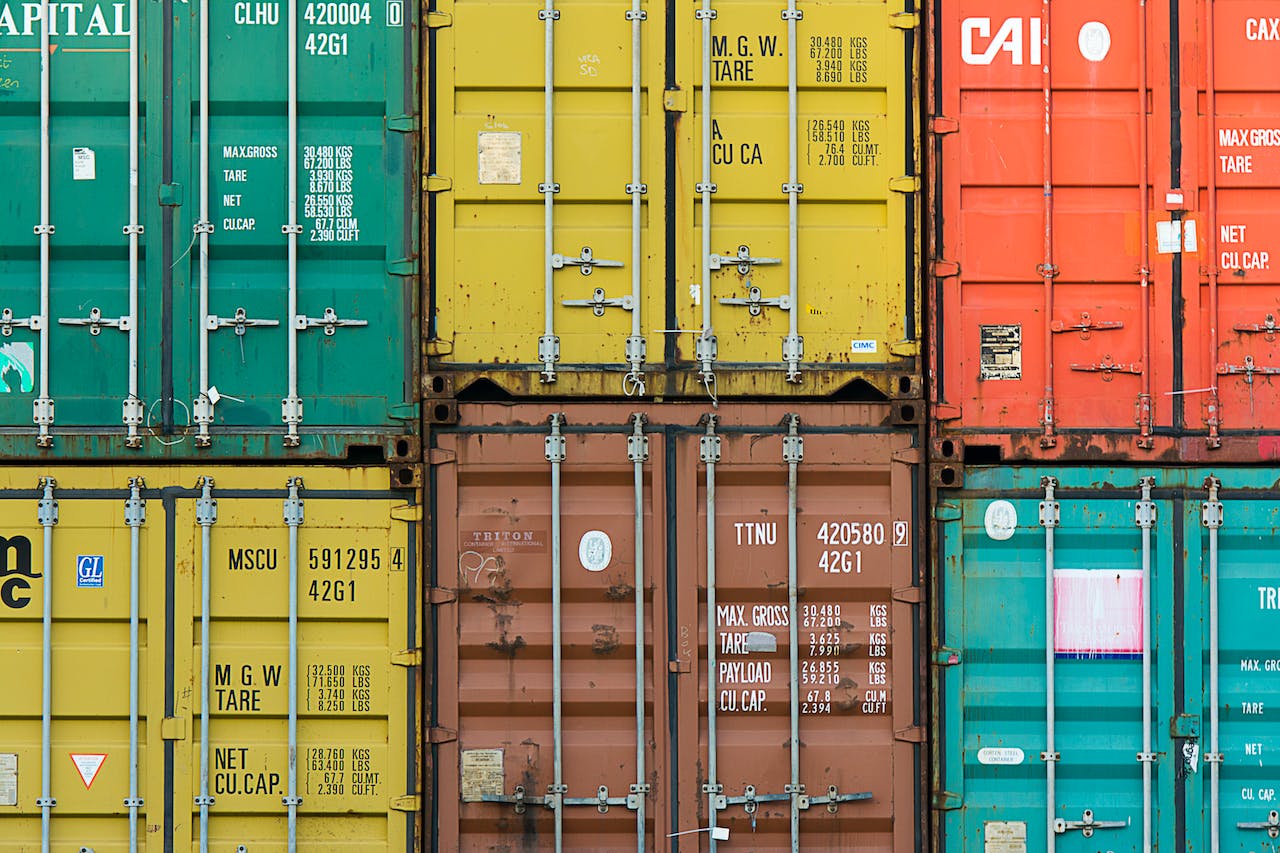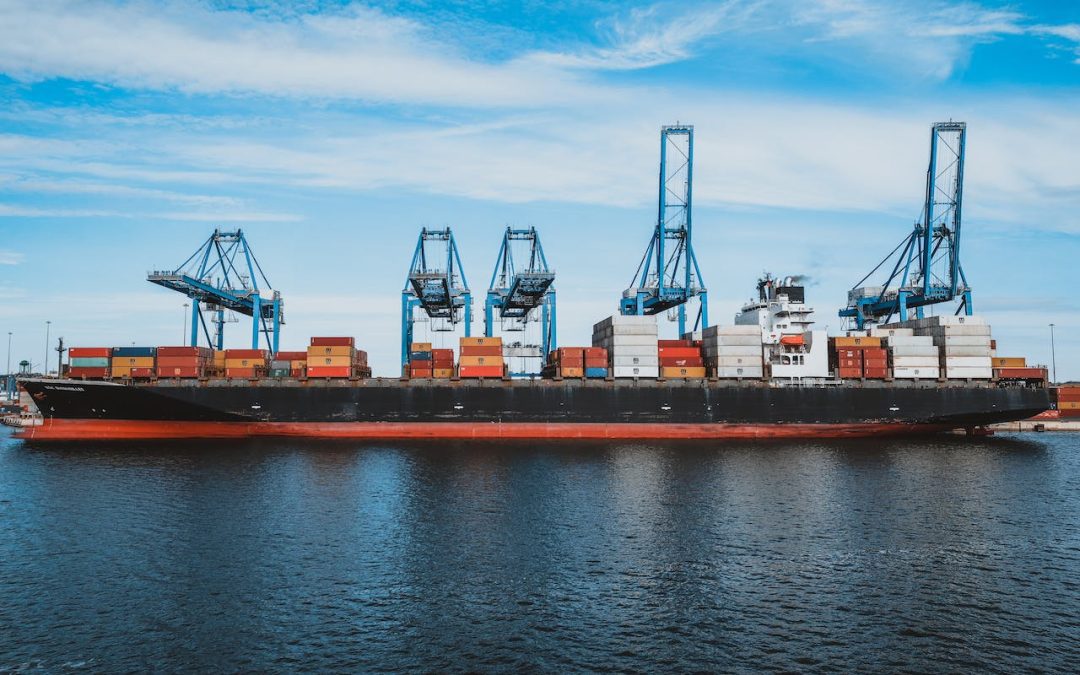And with importing goods comes a host of taxes that might seem a little overwhelming. Especially when you’re already navigating customs procedures and regulations, documentation, tariffs, certifications and licenses…
Well, you’re in luck. We’ve written this comprehensive blog to help you understand what import taxes are and why you need to pay them.
Just to be clear, this is NOT tax advice – just information. We’re not tax advisors. You are responsible for educating yourself and making your own choices.
Understanding Import Taxes
So, what exactly is import tax?
Import tax is a flat rate collected by the customs unit of a country’s government for any goods being imported into that country. It applies to both private and commercial imports, so you’ll need to pay it even if you’re importing a new pair of trainers (if they’re worth over £135).
Import taxes are levied to generate revenue, balance competition between domestic and foreign trade and regulate what’s coming into the country. Consignments can’t be released from customs until the import tax has been paid, and it’s the importer who is responsible for paying the charges.
Getting It Right
Import tax is a little complicated. Thankfully, there are online calculators designed to ease the process and take the stress off.
Accurately calculating and declaring import taxes is crucial. Businesses failing to asses and pay the correct import taxes risk facing penalties due to non-compliance with UK import regulations.
What Is Covered By The Term ‘Import Tax’
The words ‘import tax’ are an umbrella term for several separate customs charges. Let’s take a look at each one.
Tariffs
Trade tariffs are charges applied to imported goods. They are based on elements such as value, classification and weight. The tariff rate can also vary depending on the goods’ country of origin and any trade agreements that are in place that apply.
VAT
Import VAT is another charge levied against goods imported into the UK from other countries and is usually calculated as if the goods had been bought in the UK.
To calculate the VAT you need to pay, you must first work out the value of your goods and add the figure to your import declaration.
The value of your goods comprises all charges payable upon import to the UK, including customs duties but excluding the VAT itself, as well as any incidental expenses.
If your business imports certain items like antiques and works of art, you’re entitled to a reduced rate of VAT.
Postponed VAT accounting can help VAT-registered businesses that regularly import goods into the UK to streamline their cash flow by lumping payments into monthly charges rather than by consignment.
Excise Duty
Excise duty is a tax that applies to specific goods or services. You might have heard the term used in reference to fuel, tobacco and alcohol. Excisable items are each given a tax-type code number so that they can be allocated a rate of payable duty.
Unlike custom duties, which are levied against goods coming from outside the country, excise duty is imposed within a country instead.
Anti-Dumping Duty
Many countries impose anti-dumping duties on goods to prevent them from being ‘dumped’ in their market. The duty protects the local economy by regulating products coming into the country that are below fair market value.

Who Pays Import Tax?
It is always the importer that pays import tax.
If it’s not the importer who will be physically receiving the goods, an agent must be used to act on their behalf. An individual fulfilling this role is called the importer of record. An importer of record is also responsible for making sure imported goods comply with local laws and regulations and filing a completed customs entry.
Customs Clearance Procedures
Goods arriving or leaving a country must ‘clear customs’ in order to comply with a country’s rules and regulations. Customs officials inspect imports and exports to check the correct documentation has been supplied and that the right duties and taxes have been paid.
Businesses wanting to avoid delays and penalties must ensure accurate and timely customs clearance.
There are 3 main steps in the customs clearance process…
1 – Declarations
For each consignment, a customs declaration must be provided. This is the official document giving details of the imported or exported goods.
Do you know how to make a customs declaration? Find out here.
2 – Labels And Documentation
Customs officials check invoices, shipping labels, and other documents like packing lists and certificates of origin.
3 – Taxes And Duties
Taxes and duties are charges that generate revenue for governments and protect the health of a country’s local industries. Each charge is calculated at customs based on the information given in the associated documentation, such as type of product, value and origin.
Getting To Know Import Taxes
Even the basics of import tax can be tricky to understand! From VAT exemptions to deferment accounts, there’s a lot to learn to ensure your consignments speed through customs clearance and get to their destination in plenty of time.
But don’t worry. Millennium is here to help. See our website to get in touch.

